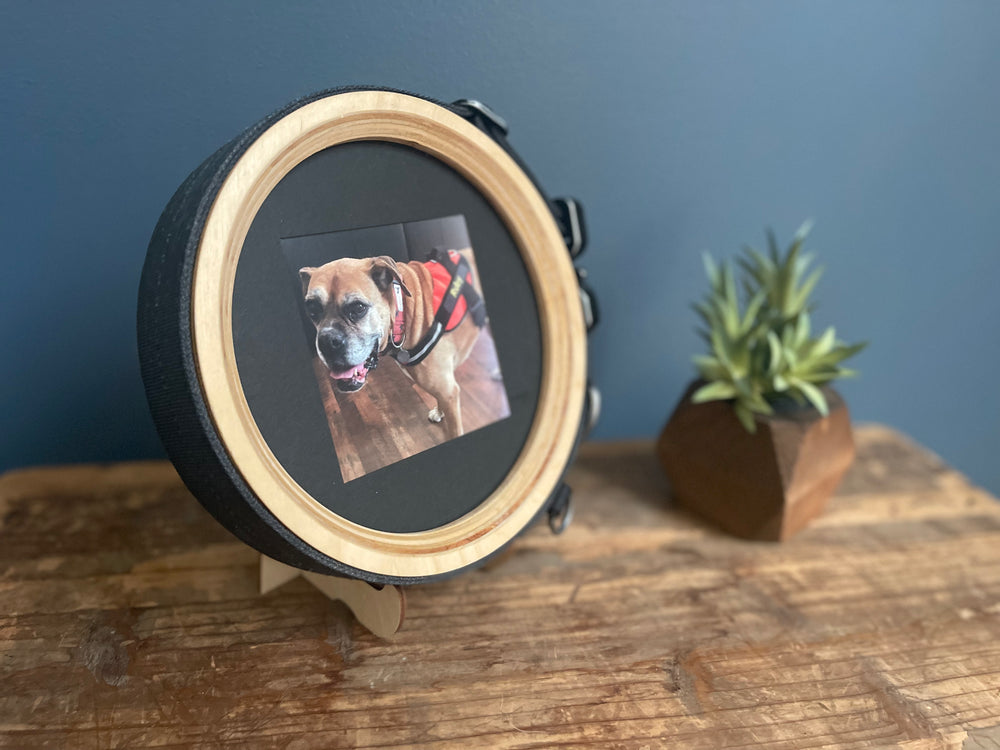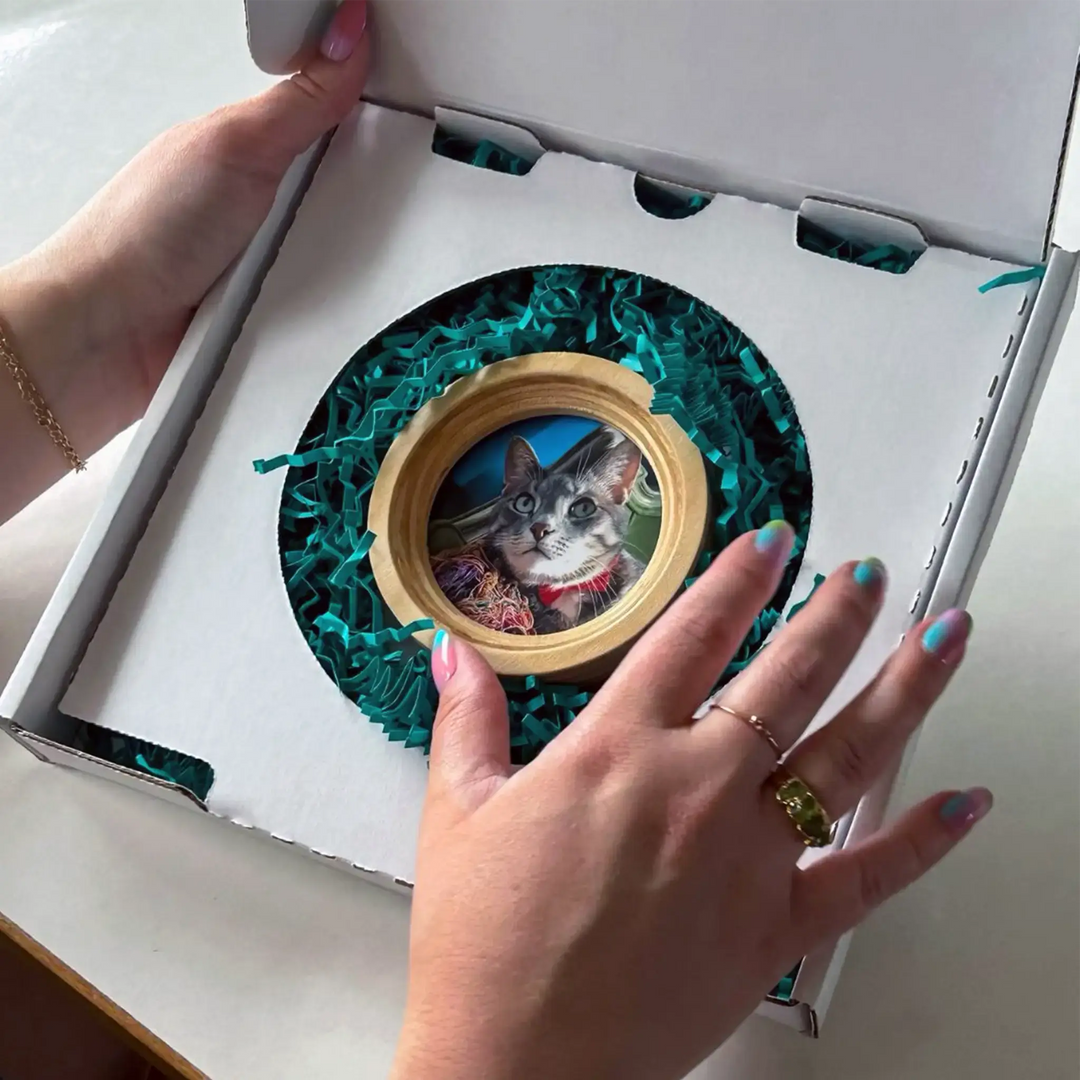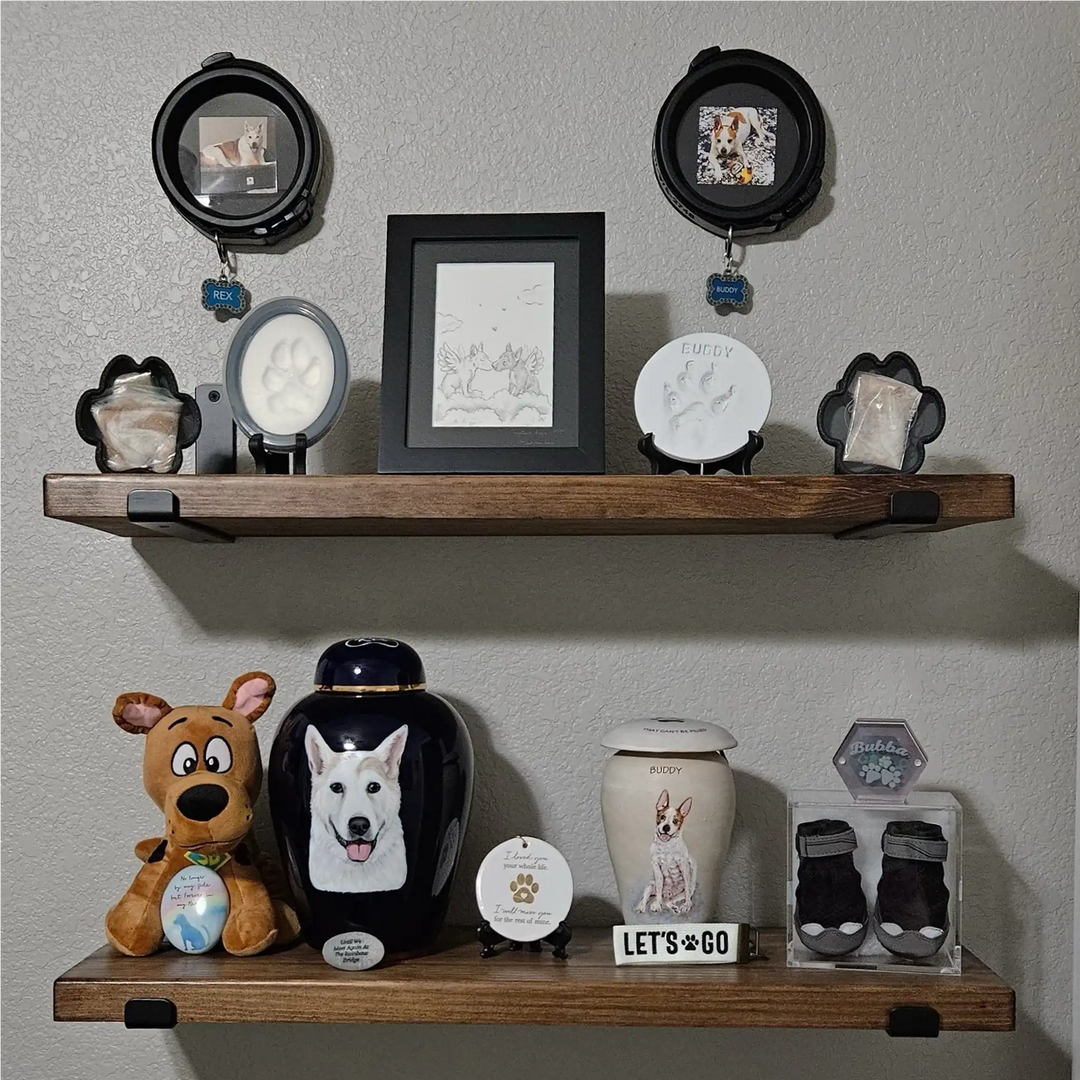The Importance of Self-Care During Pet Loss Grief
Losing a pet is an incredibly emotional and challenging experience. Pets are more than just animals—they're companions, family members, and sources of unconditional love. When we lose them, the grief can feel overwhelming. While it's natural to feel sadness and loss, it's equally important to prioritize self-care during this time.
Taking care of yourself while grieving the loss of a beloved pet may not come naturally, especially when all you want is to be close to their memory. However, self-care is crucial in helping you heal, process your emotions, and navigate this difficult period. In this blog, we'll explore why self-care matters and share practical tips to support you through your grief journey.
Why Self-Care Matters During Pet Loss Grief
When you lose a pet, the grief can be intense, leaving you emotionally and physically drained. Many people feel a deep sense of emptiness, isolation, and even guilt. While these emotions are a natural part of the grieving process, neglecting your own well-being can make the pain more difficult to manage.
Self-care doesn't mean ignoring your grief; rather, it's about giving yourself the tools and space to process your emotions in a healthy way. Grief is exhausting, and taking care of yourself helps replenish your emotional energy, making it easier to cope with the loss.
Practicing self-care during pet loss grief is also an act of self-compassion. Just as you would have cared for your pet with love and kindness, it’s important to extend that same care to yourself. After all, healing begins with allowing yourself to grieve and finding ways to nurture your mind, body, and spirit.
Self-Care Tips to Support You During Pet Loss
While everyone’s grief journey is unique, incorporating self-care practices can make a big difference in how you navigate your emotions. Here are some tips to help you care for yourself during this difficult time:
1. Acknowledge Your Grief
The first step to self-care is allowing yourself to grieve. It's okay to be sad, angry, or confused. There's no "right" way to feel after losing a pet. Give yourself permission to experience all the emotions that come with loss. Ignoring or suppressing your feelings can make it harder to heal, so be gentle with yourself as you process your emotions.
2. Rest and Recharge
Grief can be physically exhausting, so it’s important to rest. Sleep is essential for emotional recovery, but it can be hard to come by when you're grieving. Try to establish a calming bedtime routine, such as reading, meditating, or drinking a warm cup of tea. If you find it difficult to sleep, allow yourself to take naps or simply rest when you need to. Your body needs time to recover just as much as your heart does.
3. Reach Out for Support
You don’t have to go through pet loss alone. Talking to someone who understands—whether it’s a friend, family member, or an online pet loss support group—can provide immense relief. Sharing your feelings and memories of your pet can help ease the loneliness and validate your grief. Knowing that others are there to support you can make a huge difference.
4. Engage in Gentle Movement
Moving your body, even in small ways, can help release some of the tension that grief creates. Consider taking short walks in nature, practicing yoga, or stretching. These activities can offer moments of peace and clarity, giving you the opportunity to connect with your emotions in a calm, reflective way.
5. Express Your Emotions Creatively
Creativity can be a powerful outlet for grief. Write a letter to your pet, create a scrapbook, or compile a photo album of your favorite memories together. Engaging in creative activities like drawing, painting, or journaling can help you process your emotions in a meaningful and personal way.
6. Take Breaks When Needed
It's okay to take breaks from your grief when it feels too overwhelming. Watch a favorite movie, spend time with loved ones, or do something that brings you a bit of joy, even if just for a short time. These moments can help give your heart a rest, allowing you to recharge and face your grief with renewed strength.
7. Honor Your Pet’s Memory
A big part of healing comes from finding ways to honor your pet’s memory. You might want to create a memorial or hold a small ceremony to say goodbye. Some people find comfort in keeping their pet’s collar, toys, or photos nearby. Others might choose to plant a tree or dedicate a special place in their home to their pet. However you choose to honor them, remember that your pet's love is always with you, and finding closure in their memory is an important part of healing.
8. Seek Professional Help If Needed
Sometimes, the grief can feel too overwhelming to manage on your own, and that’s okay. If you’re struggling with intense emotions or finding it difficult to cope with everyday tasks, reaching out to a therapist or counselor who specializes in pet loss can provide additional support. Speaking with a professional can help you navigate complex feelings and offer tools to manage your grief in a healthy way.
Final Thoughts
Grieving the loss of a pet is an incredibly personal and emotional journey. While it may seem difficult to take care of yourself during this time, practicing self-care is essential to your healing process. By acknowledging your grief, reaching out for support, and finding small ways to nurture yourself, you can begin to heal and honor the love you shared with your pet.
We understand how deeply pets impact our lives, and we’re here to support you through every step of the journey. Remember that it's okay to take things day by day—grief is a process, and healing takes time. Be kind to yourself, and know that your pet will always hold a special place in your heart.
The content on this blog is not to be taken as advice. All information posted is for informational and educational purposes. It is not intended as a substitute for professional advice. Whisker & Fang management and staff are not responsible for how the information found here is used. If you need help, please seek professional counsel from a mental health professional.






Leave a comment